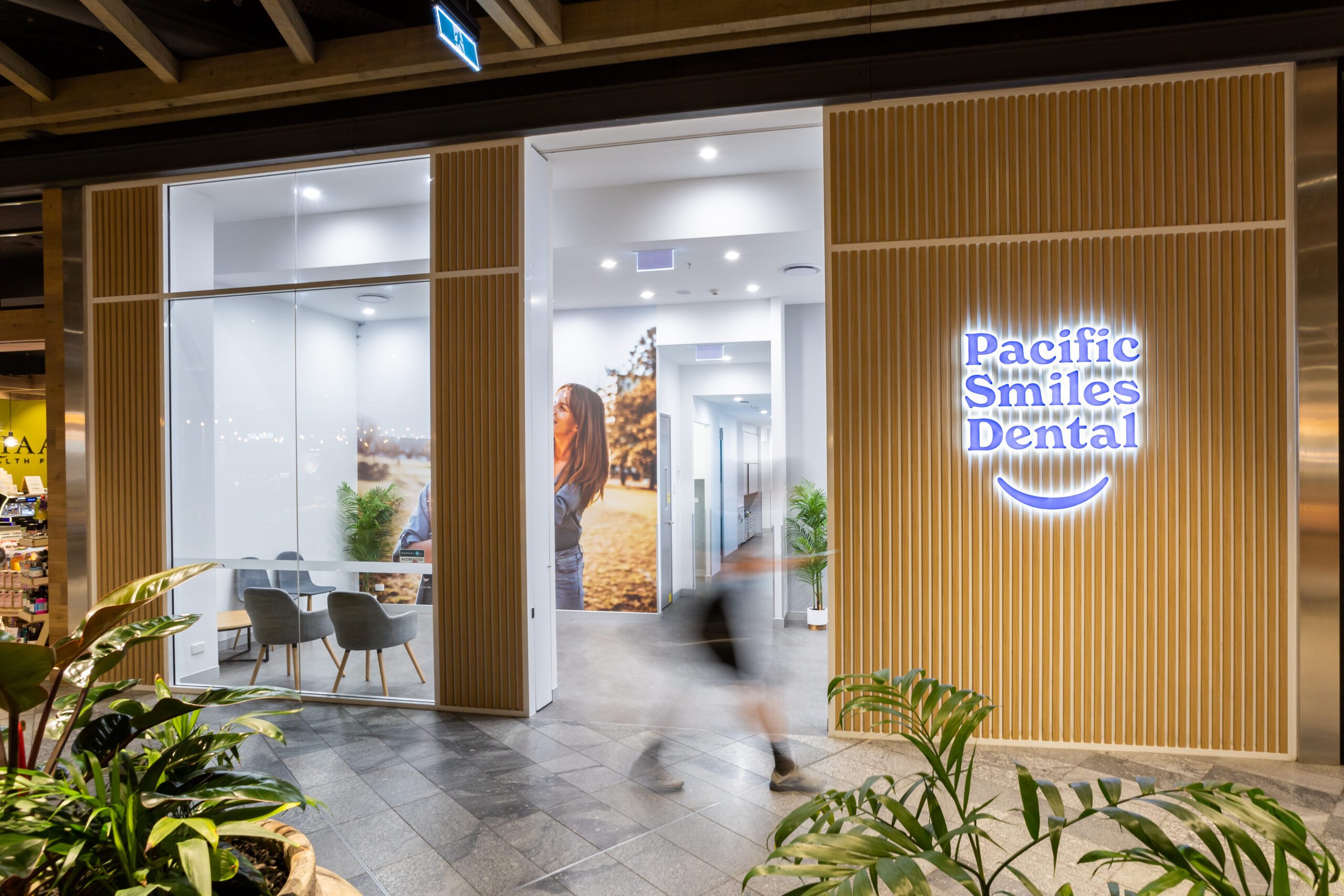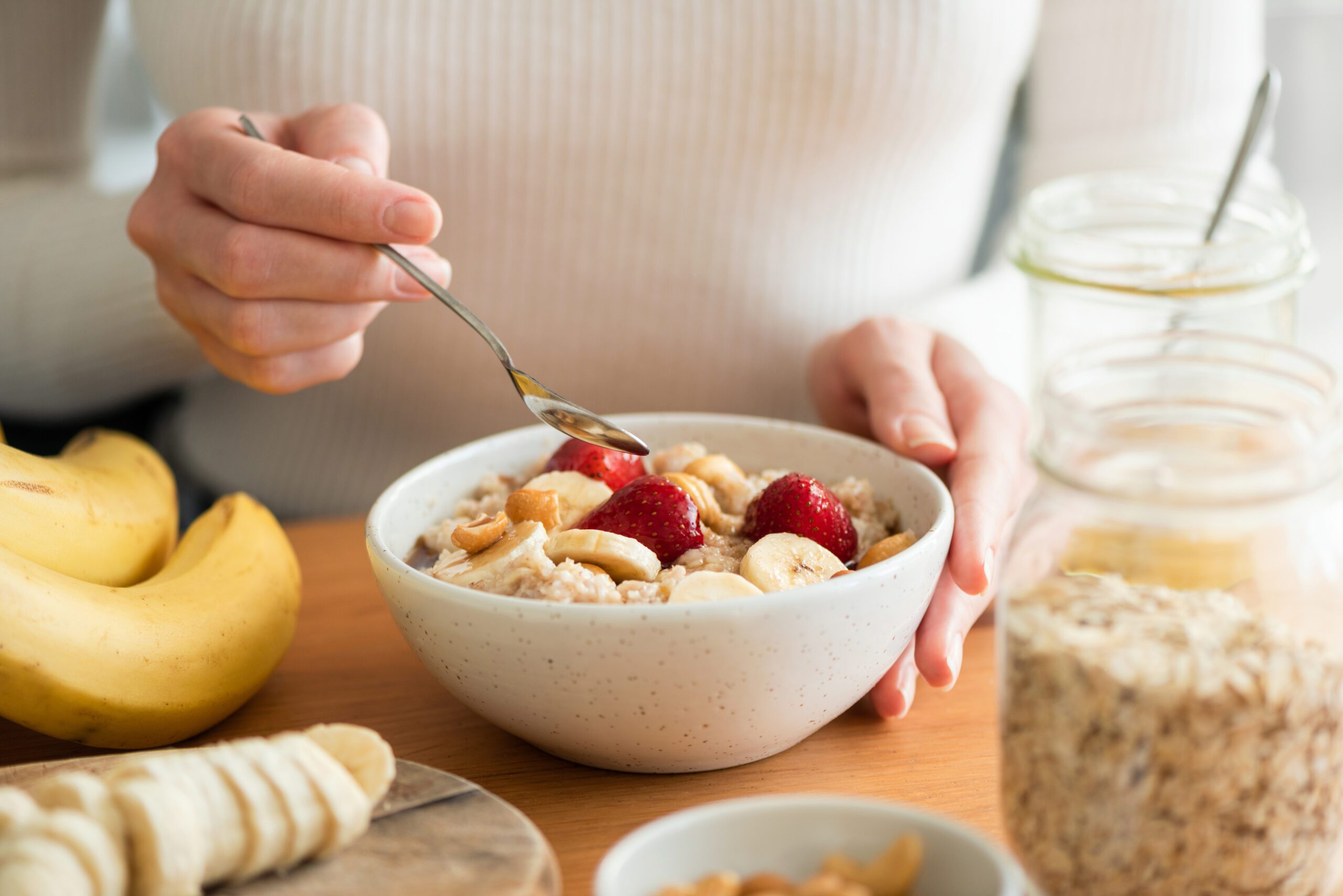 20 September 2022
20 September 2022
A bright, healthy smile can give you the boost you need. Unfortunately, not all of us have shiny, white teeth which we’re happy to show off. Read on to find out more about teeth whitening and the difference it can make.
Why aren’t my teeth white?
Teeth can become stained for a few reasons. Most commonly from food and drinks which cause teeth to yellow. Any substance which can stain a teacup can also discolour tooth enamel – tea, coffee, red wine, soy sauce, curries are all common culprits. Smoking is another factor in staining teeth. Acidic foods can erode tooth enamel, making it easier for dark pigments to adhere to the tooth’s surface.
Sometimes yellowing is caused by the inner structure of the tooth – the dentine being affected by medication or mouthwash. Genetics, increasing age, tooth damage and illness can also cause tooth discolouration.
Why white teeth are wonderful
Although there is no physical health benefit to whitening the teeth, most people generally desire whiter teeth because they want to feel better about their smile. Many people hide their smile when they feel their teeth are yellow or discoloured, which can affect their willingness to smile.
What’s involved in teeth whitening?
There are a two main options for teeth whitening. At-home whitening uses custom made plastic trays made from moulds of your teeth which are then used to hold the hydrogen peroxide whitening gel next to the teeth surfaces. This is the most common method of tooth whitening. At home whitening uses a lower concentration of hydrogen peroxide gels and is a gentler way to whitening the teeth reducing the risk of sensitivity. Home whitening can take two to three weeks to achieve the desired colour change. The trays are loaded with the whitening gel and are generally worn for an hour each day.
The alternative way to whitening teeth is called In-Office whitening which is carried out in the dentists chair using a much higher concentration of hydrogen peroxide whitening gel and accelerated using a blue UV light. Treatment usually takes 60-90 minutes, and it gives a kick-start to the whitening process reducing the time it takes for the teeth to whiten. For longer lasting results, we would recommend using at home whitening trays.

Will it hurt to whiten my teeth?
Teeth whitening doesn’t hurt but it can cause teeth to feel a little sensitive for a couple of days after the treatment is completed. You may want to use sensitive toothpaste for a week or so before and after whitening treatment and avoid hot and cold foods and beverages. Remember to brush twice each day and floss every day.
Making tooth whitening last
- Avoid drinking ‘staining’ beverages for a few days after teeth whitening, or drink through a straw.
- Always rinse your mouth with water after drinking tea and coffee.
- Use whitening toothpaste when you brush your teeth.
Book an appointment and speak with your dentist about teeth whitening treatments that are right for you. They can also clean your teeth using professional skills and equipment which will help to remove external stains.
Our Pacific Smiles Group dentists are available and taking appointments. Start the New Year off with a brighter, whiter smile and enjoy the boost this will bring you.
References
https://www.adohta.net.au/resources/Documents/About%20Us/PS11%20Teeth%20Whitening_PS11.16.0.pdf
https://www.mouthhealthy.org/en/az-topics/w/whitening
https://www.pacificsmilesdental.com.au/news/teeth-whitening-the-myths-and-facts-examined/





